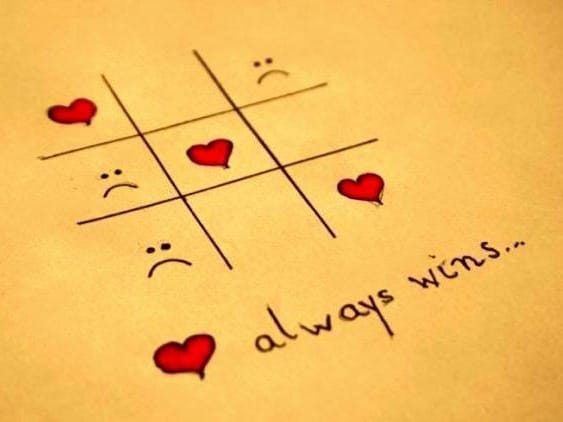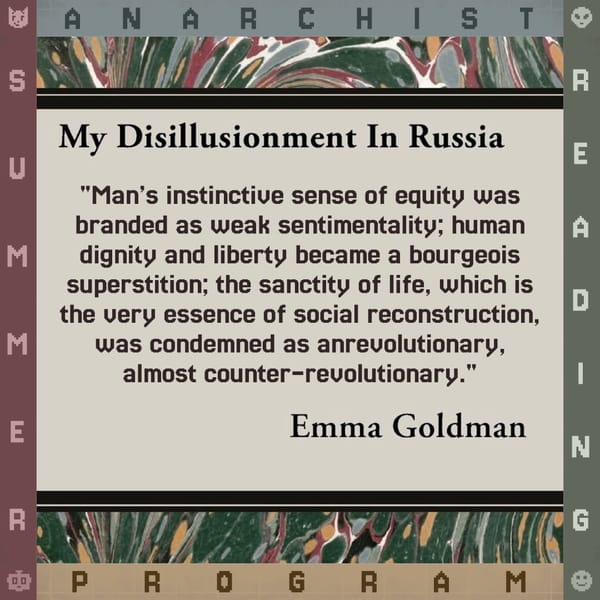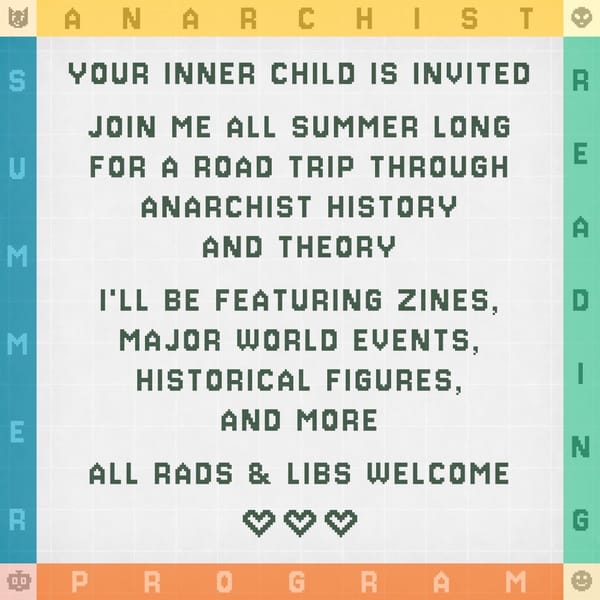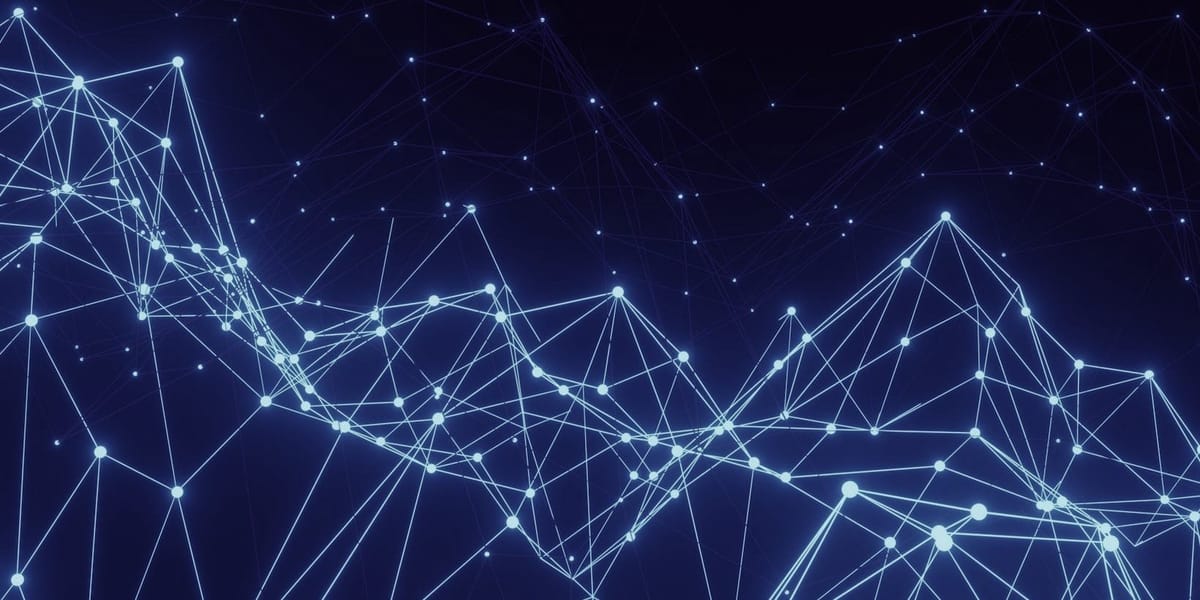In 1999 I was gay bashed with baseball bats by two men while I was walking near my home. I did not report the crime because it is a deeply held value in street culture that you never call the cops. EVER. This was before I had a libertarian political awakening that taught me how to discern a true violation of my person that justifies an appeal to defensive justice, which hate crimes are.
To this day I have a hard time imagining myself experiencing loving relation without having flashbacks of violence. My attackers instilled a fear of who I am so deeply in my psyche that when I imagine myself for example, getting married, or enjoying time with a partner, or taking adopted children to a park, those dreams too often veer into nightmare territory with a mass shooting or other attack by an intrusive, imaginary killer.
Let that sink in. I walk around with what made me a target inside me, and an irrational fear deliberately inflicted on me that what made me a target could make people I love a target too. And I protect us by isolating myself socially — it took me years of therapy to figure that out. Hate crimes create a permanently altered state of consciousness that robs the target of their ability to imagine and realize a healthy life.
What Jussie Smollett did to diminish this truth in the eyes of the population most susceptible to dismissing that hate crimes are even a problem is unconscionable. Hate crime is real, and it has a devastating impact on the quality of life for target communities. The rhetoric surrounding these conversations itself reinforces the threat. We are surrounded by low key violence that reminds us of our vulnerability all the time.
There’s no easy answer, what’s done is done, what is yet to be will be. We each have a choice, to be part of a world that turns away from violence toward healing and love, or to cling to a world built on oppression and fear. Performative hate of Jussie Smollet is oppression and fear. So is giving him a free pass. I don’t want to feed into the polarized narrative on this subject by appearing to take either “side”. Social justice adjacent current events and media have become as toxic and unproductive as their opposition.
What I do want to encourage everyone is that a better world is possible, and it starts from within each one of us. If you’re a survivor of trauma, know that healing is possible. If you’ve enacted trauma, know that redemption is possible. If you’re trying to understand what is meant by conversations about trauma, consider seeking that understanding at the individual level — it’s generally not present in any meaningful way in public discourse.
Healing starts from inside ourselves and it flows both to, and from, the people around us. Together we can be a part of healing this broken world.






